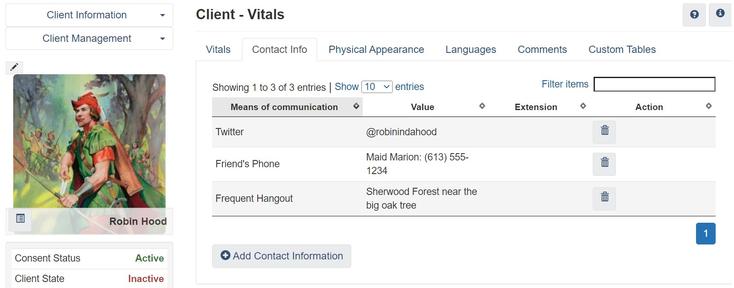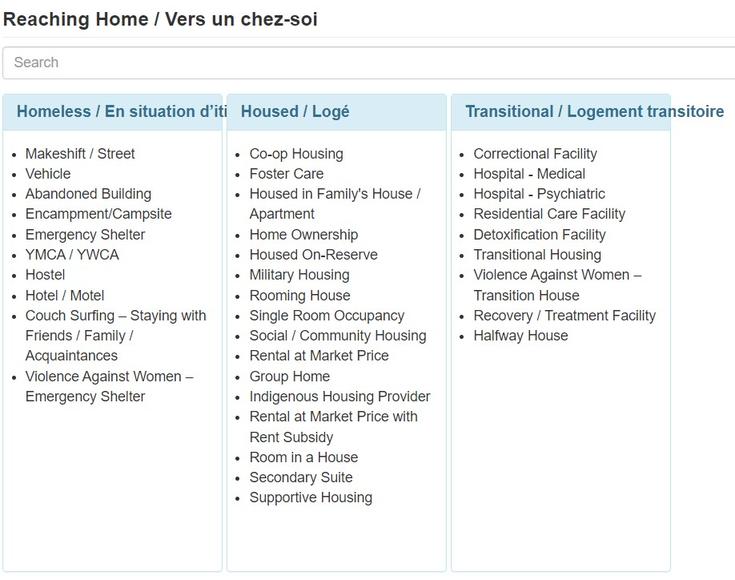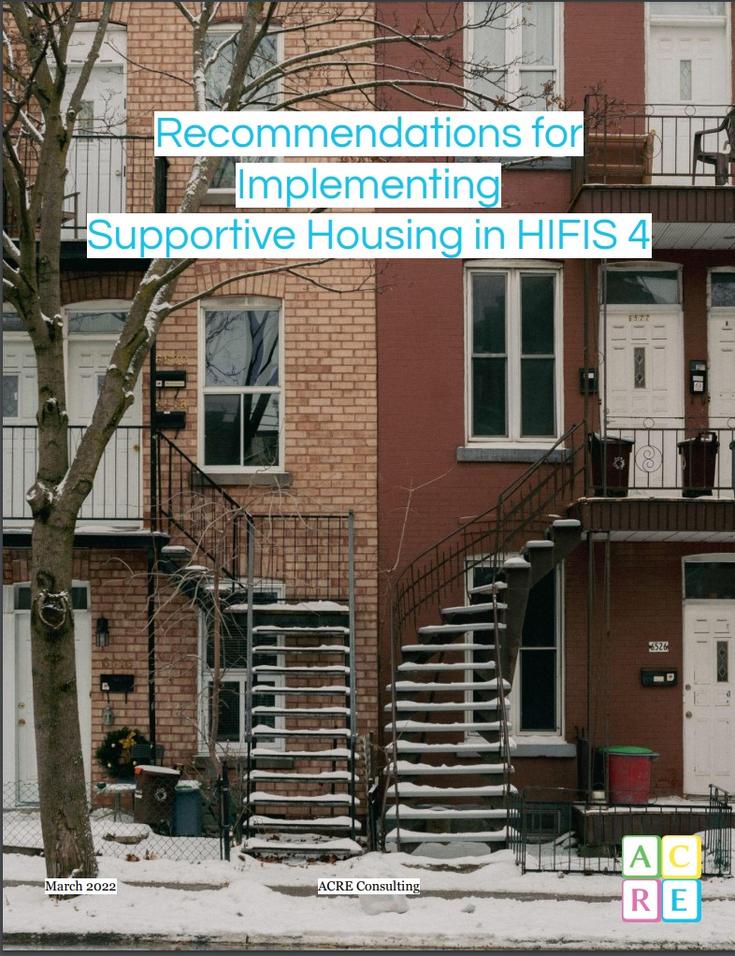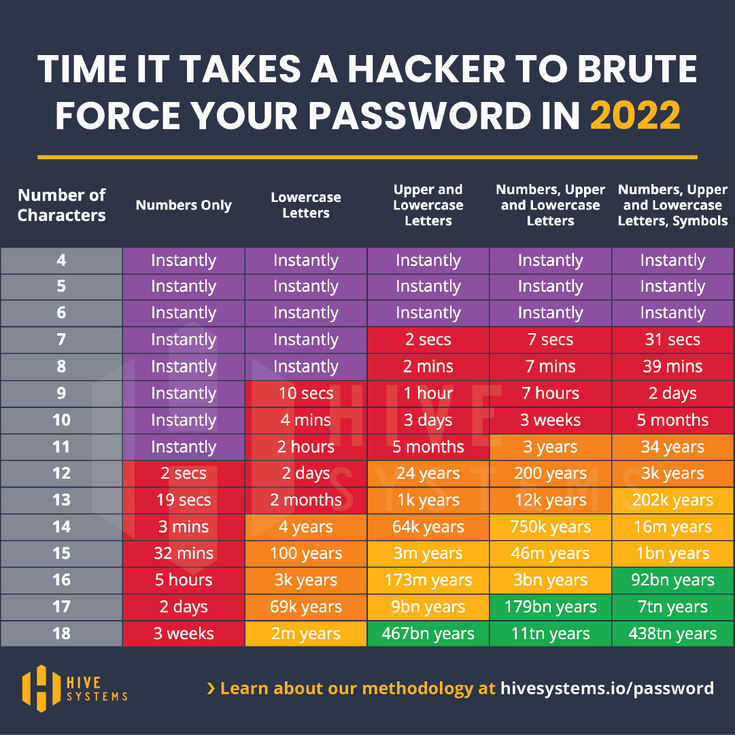All posts
Announcements
Reaching Home
Legal and Privacy
Custom Tables
Tips and Tricks
HIFIS Training
Feature Guide
Data and Reporting
Third Party Tools
Change Managment

Tips and Tricks · May 8, 2023
Expanded Contact Information
Have you ever had a client that didn't have a cell phone number and couldn't reliably access the internet to check their email?
...
That was r…Read more
Feature Guide · Feb 16, 2023
What's the difference between the Unique Identifier List and the Coordinated Access module?
Communities are often confused about the Unique Identifier List (UIL) which is found in the HIFIS Reports section of the Report Manager, and the Coor…Read more

Tips and Tricks · Jan 20, 2023
Making the most of Transitional housing status
As of HIFIS version 4.0.59, there's a new feature that identifies the client's Housing Status.
The Housing Status is derived from a combination o…Read more

Feature Guide · Jan 16, 2023
Activity and Inactivity
One of the new features of HIFIS 4.0.59 is an automated client inactivity function. This makes use of a pre-existing field called Client State/Statu…Read more

Announcements · Nov 4, 2022
Takeaways from #CAEH22
And that's a wrap on #CAEH22. It was so great to see so many faces that have only been Zoom personalities for the past three years.
We need to…Read more

Announcements · Aug 8, 2022
HIFIS 4 Deployment Options in British Columbia
Communities in British Columbia have been caught between a rock and a hard place, HIFIS-wise, with BC Housing holding a provincial license but only …Read more

Data and Reporting · Apr 12, 2022
My Initial Thoughts on the Ontario HPP Program
As of April 1, 2022, Ontario communities now have new funding requirements through the HPP program. There's a lot to take in here, so many communiti…Read more

In the spring of 2021, the Canadian Alliance to End Homelessness and ACRE Consulting, having recently submitted a proposal for a new shelter diversi…Read more

Tips and Tricks · Mar 4, 2022
Passwords & Account Security
Several years ago, we wrote about a new feature (new in version 4.0.52!) that allowed for more secure passwords in HIFIS, with more options for cust…Read more
___MESSAGE___
___MESSAGE___
